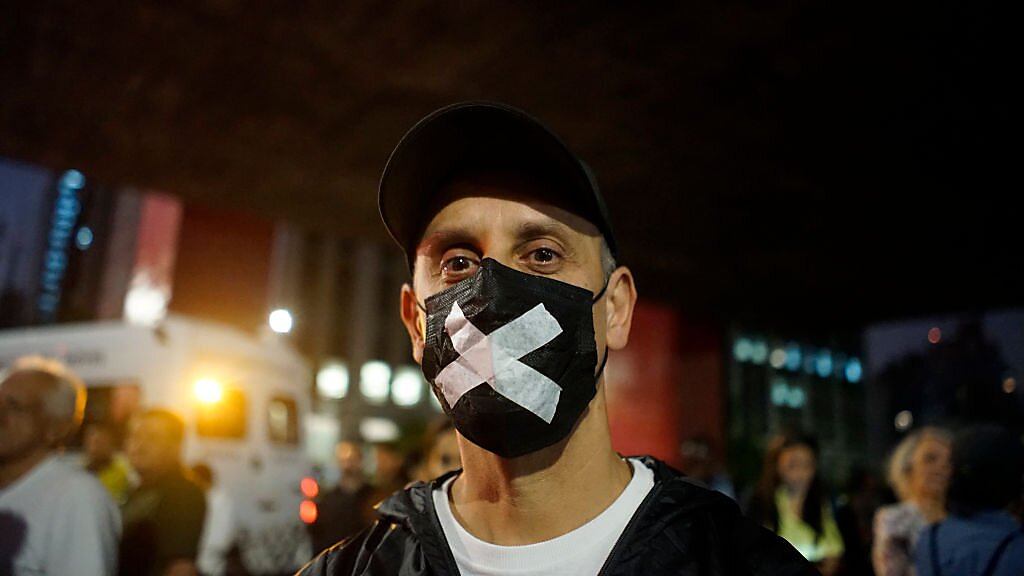Brazil’s Supreme Court finalized its decision to fundamentally undermine Brazil’s liability protections for platforms hosting online speech. The ruling continues a series of decisions by Brazilian courts to act as unaccountable prosecutors, judges, and legislators, who have seized the right to determine what online speech is allowed. And particularly relevant to Americans, it clearly shows the importance of liability protection to resisting censorship and promoting free expression online.
The 8–3 ruling scraps major portions of the Marco Civil da Internet, a law passed by the Brazilian legislature and signed into law by President Rousseff in 2014. The core provision of the law generally held that online websites and platforms were not liable for user-generated content posted on their sites—commonly known as intermediary liability—with a few exceptions. The Marco Civil was inspired by the US’s Section 230 of the Communications Act.
With this ruling, the Brazilian Supreme Court has decided that the Marco Civil was allowing too much speech the Court considered dangerous. And even though the Brazilian Congress recently debated and rejected changing the Marco Civil, the Court decided that “to protect fundamental rights and democracy,” the laws duly passed by the elected representatives of the people of Brazil need to be replaced by a system that places less value on free speech.
Instead, the Court institutes a broad liability regime that holds online platforms liable for a swath of “serious” crimes, including anti-democratic acts, hate speech, terrorism, support for suicide or self-harm, or various sexual crimes and child pornography. At any point in the future, the Court can find that a platform has allowed too much “hate speech” on its platform and hold it liable. The Court also creates a notice and takedown regime for any other unlawful acts or fake accounts. Anyone can report such content to a platform, and the platform must promptly remove it or otherwise be liable.
What this means is that platforms must proactively remove a lot of speech that the court considers most harmful, and they must remove even more categories of “illegal” speech whenever someone reports it to the platforms. There are many problems with this approach. It forces platforms to review millions of posts every day to discover items not against their policies but against the laws of Brazil. Moderators and AI enforcement tools will be expected to be experts in Brazilian law, and because that simply isn’t realistic, companies will be forced to aggressively remove any content that they think might come close to violating the law. Various types of mental health content could be removed for fear of being viewed as supporting self-harm. Content that is critical of Israel or Hamas might be considered hateful speech and therefore removed. Content criticizing police violence against civilians might be considered anti-democratic or inciting violence. And we know this will result in vast over-removals because that is exactly how companies currently handle notice and take-down regimes such as under the Digital Millennium Copyright Act (DMCA).
This new liability regime also means that political censorship and bias will have a big impact on content moderation. Platforms will have to consider not only what various laws say but also how the current government or court wants to interpret them. Content that opposes the current government or that criticizes the actions of the Supreme Court might be considered anti-democratic and so preemptively removed. Content that speaks about LGBTQ rights or legislation may be removed if powerful politicians or interests think it is hateful. And political actors will game the notice and takedown regime to report content of their political or ideological opponents as unlawful, forcing companies to mediate such political disputes under penalty of liability if they leave up content later found to be illegal.
And just in general, this entire regime means that companies have to spend a lot more money and resources handling legal challenges to their content moderation decisions. That might be manageable for bigger companies, but certainly not for smaller companies.
And, of course, this decision did not come out of nowhere. The Brazilian judiciary has seized the authority to investigate, jail, prosecute, censor, and otherwise punish speech that is viewed as a “threat to democracy,” even if it involves silencing journalists, elected politicians, and large tech companies and platforms. They have often done this in secret and with little due process. In short, in the name of democracy, the Brazilian judiciary has aggressively censored democratic debate and discussion.
The lesson of Brazil is one worthy of heeding. Even if you have the most noble intentions, such as stopping legitimately bad speech or trying to protect democracy, holding online platforms liable for the speech of users will result in political censorship, increased removal of ordinary speech, and harm to smaller companies and competition.
There are many efforts in the US that try to follow the approach adopted by the Brazilian judiciary by undercutting the liability protection offered by Section 230. While the First Amendment still protects the rights of online platforms to moderate and curate content, without Section 230, the liability costs will chill speech by driving companies toward removing more content while stifling innovation and smaller platforms or websites.
Rather than follow Brazil down its dangerous and increasingly authoritarian path, US policymakers should embrace and protect free expression online through robust intermediary liability protection.



